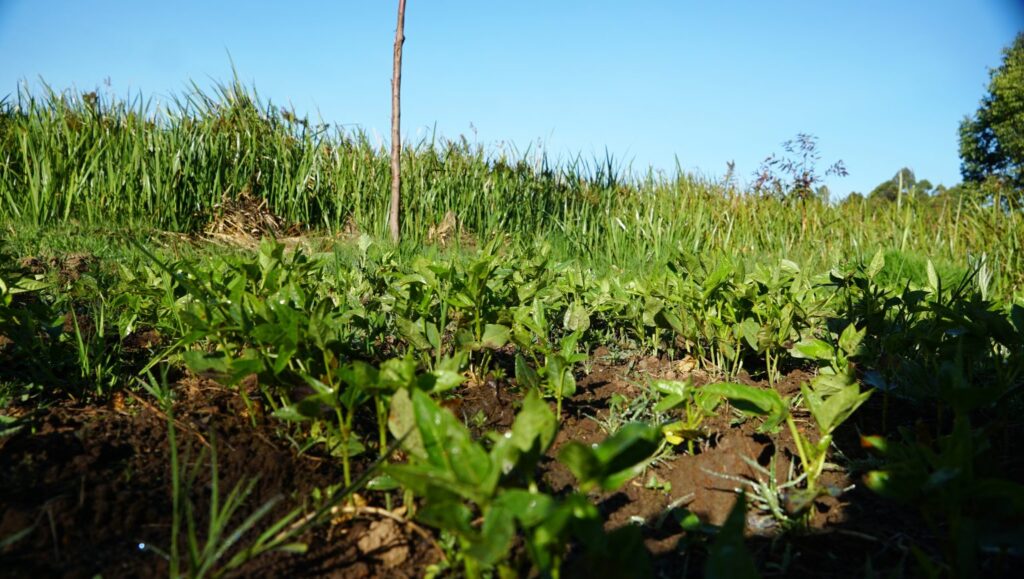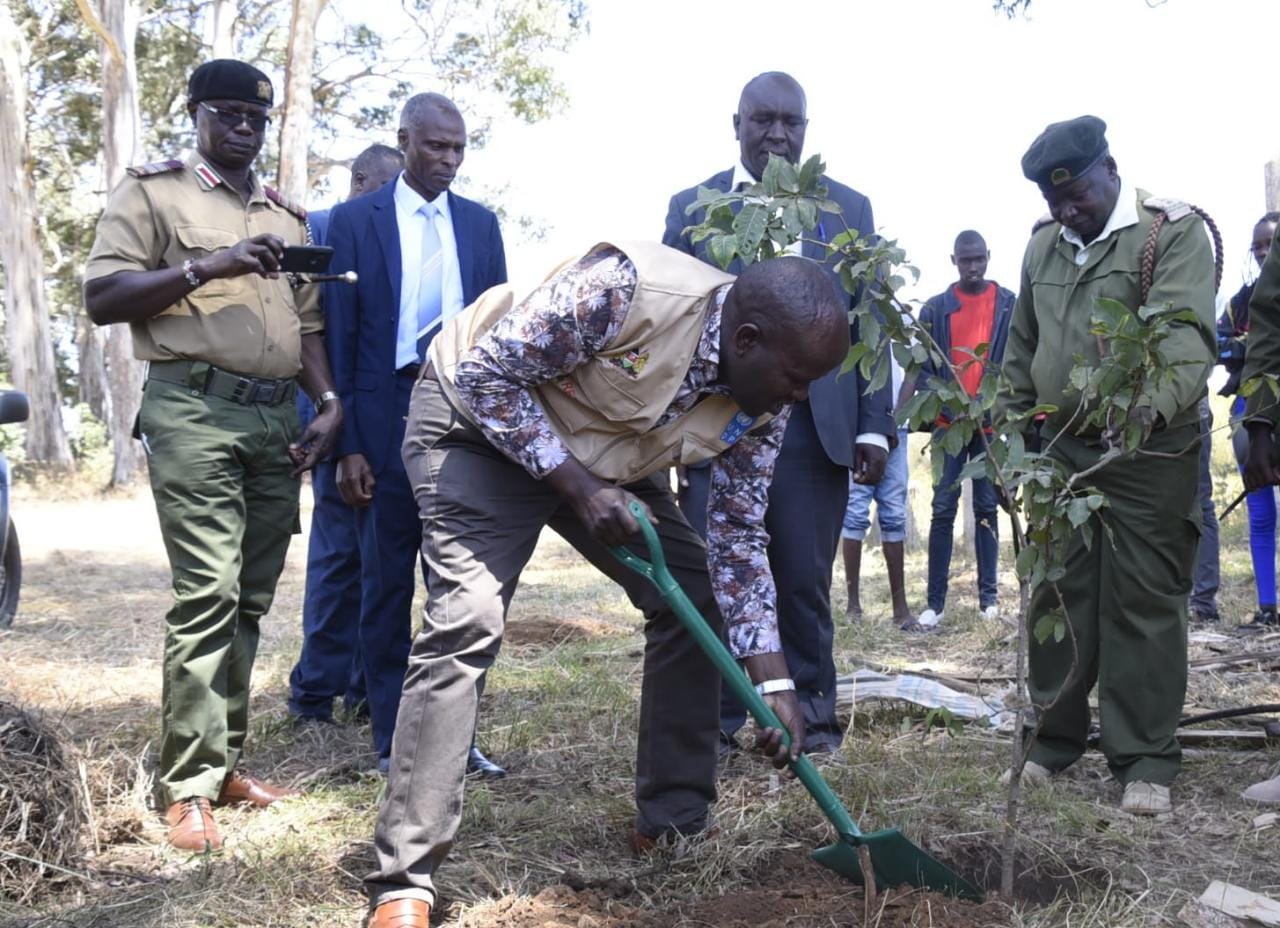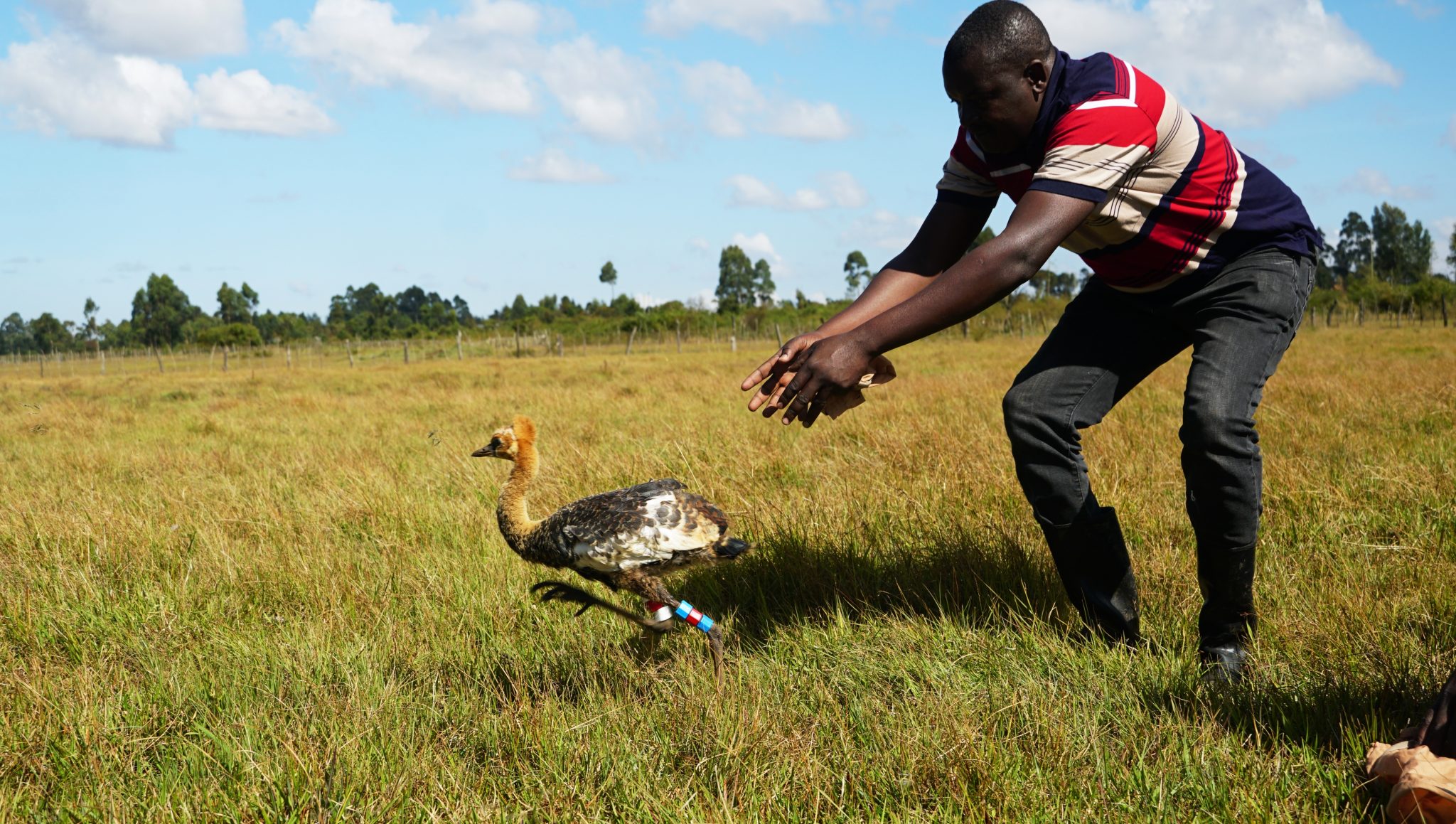Kenyans Urged to Conserve Wetlands as the World Marks Wetlands Day


The University Of Eldoret in conjunction with other stakeholders from Uasin Gishu County joined the world in celebrating world wetlands day an event marked on the 2nd day of February which is the same day the Ramsar treaty was signed in 1971 in Iran.
The treaty was meant to conserve wetland ecosystems hence it being known as the Ramsar Convention on Wetlands of International Importance and this year’s theme was It’s Time for Wetlands Restoration.

“World Wetlands day is a global campaign celebrated every year to highlight the values of our wetlands and promote the wise use of our wetland ecosystem and is celebrated each year on 2nd February to raise awareness about wetlands. The day also marks the anniversary of the Ramsar Treaty signed in 1971.” Said Dr. Abraham Serem, CEC Environment Uasin Gishu County.
Before the signing of the Ramsar Treaty, many nations were involved in wetland draining hoping for more production instead of conservation which could have led to more and more production.

“We got here because, before 1970, so many wetland ecosystems were being drained the world over. Some countries like the Netherlands were being drained by reclaiming the wetlands. This reclamation was geared towards making land more productive because the world did not know wetlands are more productive and they should be kept and conserved the way they are.” noted Raburu, Deputy Vice-Chancellor University of Eldoret.
The convention in 1971 made countries join the treaty and one of the requirements was to set aside wetland areas of international importance. Kenya is a member designated six sites with Lake Naivasha being the first site.
“After the 1971 convention, several countries signed the convention and Kenya is one of them. To demonstrate you have signed this treaty, each country had to designate wetlands of international importance. In our country Kenya, Lake Naivasha was the first to be designated followed by lakes Nakuru, Bogoria, Elementaita, and some swamps on the coast. Kenya has a total of six designated sites. They are designated because they have a lot to conserve in terms of birds which are the backbone of our tourism.” added Raburu.

Highlighting the importance of wetlands to our nation, wetlands a big part in our revenue generation as they are from tourism sites that earn the country income. Other activities like fishing, basket and furniture making, and agricultural activities can be practiced in wetland areas.
“Wetlands are important because they are the backbone of our economy. In wetland areas where we have a lot of tourism here in Kenya. If the wetland areas become dry we won’t get any income from tourism. We also get a lot of fisheries from L. Victoria, L, Turkana, and the marine environment at the coast. Fish contributes a lot to our economy and they are from the wetlands. All our farming is attached to the wetlands because the hydrological cycle which brings about the rain in any country is as a result of the wetlands because in he different changes the water in water bodies goes through a lot of changes to come back as rain.” Claimed Phillip.
The destruction of wetland areas has been propelled by human activities which if not managed properly will lead to the destruction of ecosystems thus leading to food insecurity and disasters like flooding downstream.
“Our wetlands are being destroyed because of reclamation, some development projects where we have not done good environmental impact assessment and as such, they turn out to be disasters. it is important to look at the things causing degradation. Agriculture must be practiced considerably without destroying the wetlands.” Remarked the university don.

Population density and increase has been the leading cause of wetland destruction and degradation with change in climatic conditions also a contributing factor.
“Our work is basically to do crane and wetland conservation, focusing on the grey crowned crane in Kenya. Wetlands are disappearing because of population explosions and with changing climatic conditions; people are rushing to the wetlands thus resulting in the degradation of wetlands.” Said Vivian Kituyi, International Cranes Foundation.





